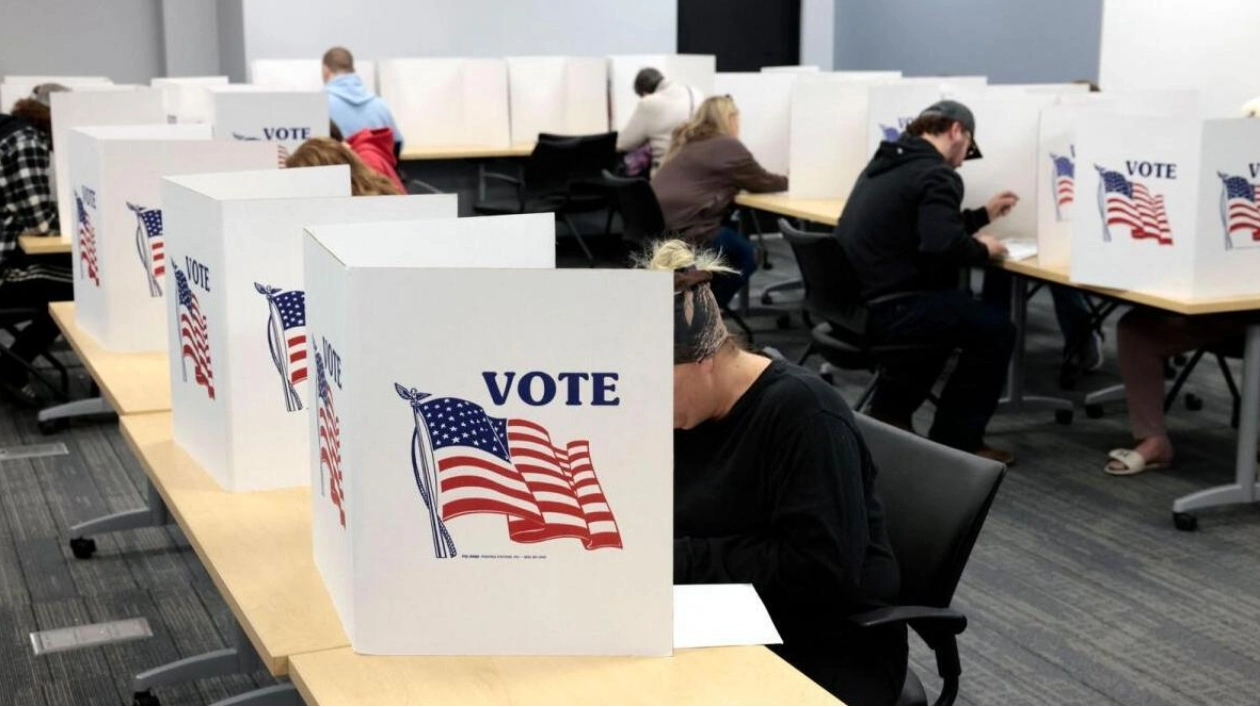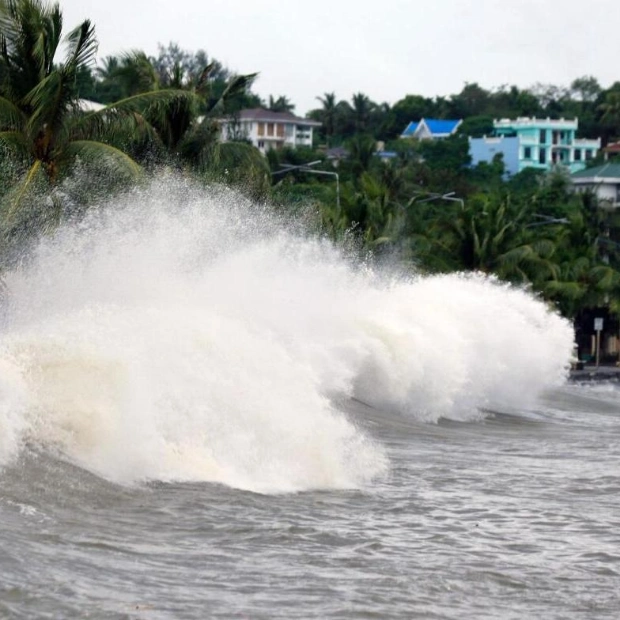Photo: AFP
As Americans head to the polls on Election Day Tuesday, officials are urging patience as they count ballots in what could be a historically tight presidential race, warning that it may take several days to determine the winner. Under the US electoral system, citizens do not directly vote for their leader. Instead, their votes elect the 538 members of the Electoral College, who then choose the president and vice-president. Each state allocates its Electoral College votes to the candidate who won the popular vote in that state. Larger states, with more representatives in Congress, receive a greater share of the 538 Electoral College votes available. Democratic vice-president Kamala Harris and her Republican rival Donald Trump will be competing to secure the crucial 270 votes needed to surpass the halfway mark and claim the presidency. Here are some key dates to keep in mind:
November 5: Election Day; voting ends at 6pm Eastern Time (3am, UAE time)
December 11: Deadline for states to certify their results
December 25: Electoral certificates from each state must be received by the president of the Senate, who is also the vice-president — Harris.
January 6: Congress counts and confirms the results
January 20: The new president is inaugurated.
However, the process is not as simple as it appears: With this year's race expected to be close, experts warn of potential delays and complications, including legal challenges over the vote count. Approximately 81 million people have already voted ahead of Tuesday, surpassing half of the total ballots cast in 2020. The first polls close at 6pm Eastern Time (2300 GMT), but in a tight race, it could take days before a winner is projected. In 2020, US media declared Democratic candidate Joe Biden the winner on Saturday November 7, despite polls closing on the Tuesday prior. In 2016 and 2012, voters had a shorter wait.
After votes are cast, local election officials, who may be appointed or elected, process and count them, with methods varying from one location to the next. Many states have revised election laws to allow mail-in or overseas votes to be prepared for counting ahead of Election Day, although Pennsylvania and Wisconsin have not made such changes. Both are battleground states that could swing either way, and with mail-in ballots not allowed to be processed until November 5, this could delay the counting process. Extremely close vote counts can also trigger recounts.
Rather than waiting for local authorities to declare winners, US news outlets call races based on their own assessments of the voting. However, this process is unofficial, and results must still be certified at the state level, with every ballot accounted for. The deadline for states to certify their results is December 11, after which each state's appointed electors cast their votes for the candidate who won the popular vote in their state. By December 25, electoral certificates from each state must be received by the president of the Senate, who is also the vice-president — Harris. On January 6, Congress counts and confirms the results, before the new president is inaugurated on January 20. While certification is generally a formality, experts warn of growing risks of obstructions.
At least 22 county election officials voted in 2022 to delay certification in battleground states, according to Brookings experts. This represents nearly a 30 percent increase from 2020. At least 35 election officials have refused to certify election results and may do so again, according to Citizens for Responsibility and Ethics in Washington (CREW). Successful obstruction could impact state and federal certification deadlines, the campaign group warned. The certification process has come under scrutiny and been politicized, especially since Trump refused to concede the 2020 election. In that race, numerous legal challenges by Trump and his allies were dismissed by the courts. There has been a surge of lawsuits from both parties ahead of Election Day, which could further complicate the tabulation process.
Source link: https://www.khaleejtimes.com






